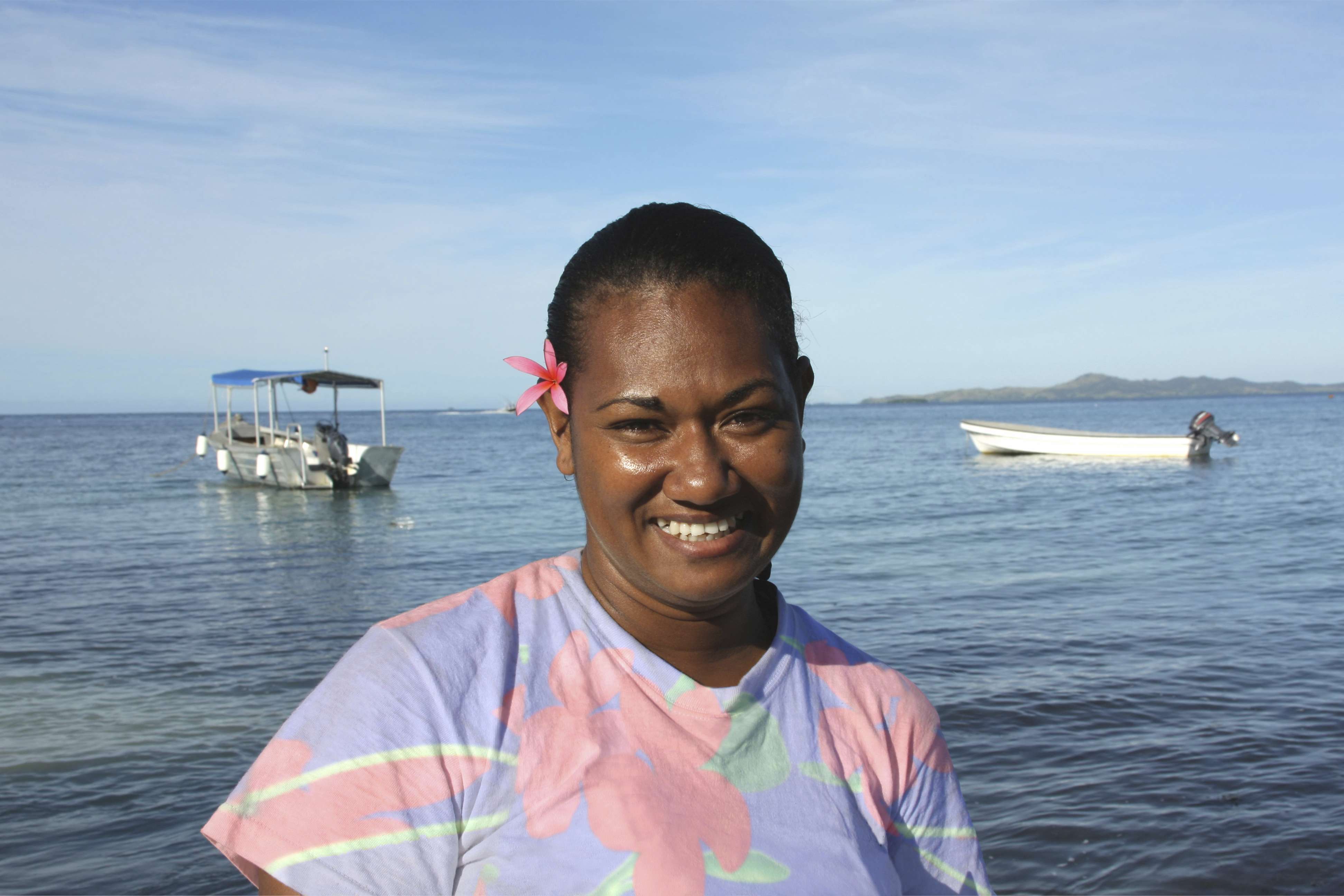
Women’s economic empowerment is everybody’s business. Sustainable, inclusive development requires that everyone, women included, have equal access to opportunities, employment, education, and services and are equally represented in positions of power and decision making. Women account for half of the world’s population, or as Mao Zedong famously said, ‘women hold up half the sky,’ yet they are still under-represented in decision-making and leadership, have lower labour participation rates and in general, receive lower incomes and pays.
In 2021, the World Economic Forum calculated that at current rates, it will take 136 years to reach gender parity and a whopping 268 years to close the economic gender gap between men and women. Although the COVID-19 pandemic has dented efforts to achieve gender parity (with the time estimated until this reached increasing from 99 years in 2020 to 136 years in 2021), the economic gap between men and women was already widening, not narrowing, before the pandemic took hold, and our collective failure to address these disparities is estimated to have cost the world US$70 trillion since 1990. Put another way, if we address these disparities, global GDP could increase by up to US$28 billion by 2025.
Pacific Island Countries, because of our geographic isolation, relatively small populations and domestic markets, and limited access to resources, are heavily reliant on international trade to service our domestic consumption needs for economic and employment growth and for sustainable development. Therefore, it stands to reason that making trading easier, both internationally and intra-regionally, should lead to increasing opportunity and, in theory wealth, for Pacific people. However, to truly realise these benefits it is important to ensure they reach everyone, including the more vulnerable, such as women and people with disabilities.
Enter PACER Plus, supported by DT Global, a unique development-centered trade agreement designed by the Pacific and for the Pacific to stimulate economic growth by becoming more active partners in, and benefit from, regional and global trade.
Samoa and eight other countries are currently parties to PACER Plus or the Pacific Agreement on Closer Economic Relations Plus.
The Agreement is taking steps to address the challenges Pacific women face in trade participation by incorporating gender considerations. PACER Plus calls for capacity-building to implement a trade and gender development policy, assistance for a data collection on women engaged in the primary sectors in agriculture, and assistance to facilitate establishment of women-led industries and investment-related assistance.
“This is a critical component of our work, and we continue to explore opportunities with our communities in the Pacific on how we can support and elevate women in the trade space,” said Roy Lagolago, Head of the PACER Plus Implementation Unit in Apia, Samoa.
But there’s a great deal of work to be done as there are pronounced, pre-existing gender disparities in labour participation, employment, and income. In Samoa, for example, only 23% of women participate in the labour force, compared to 58% of men (according to The Asia Foundation) and occupational concentration by gender is common across the region, with women’s employment concentrated in the services and informal sectors than men. Most businesses are owned and managed by men, and women-led businesses tend to be smaller, younger, have less capital and under-developed networks, which all serve as barriers to engaging in international trade. Women also have less time to devote to developing their business, traveling to meet with customers and less flexibility to work outside of business hours because they carry most of the household domestic burden. While these barriers prevent women-led businesses from expanding, it is also these smaller, less flexible organisations which stand to benefit the most from reforms to trade policies, greater transparency, digital transformations, and the automation of customs procedures.
“We at the PACER Plus Implementation Unit want to ensure that women’s voices are heard in trade. Pacific women’s increased participation in trade would not only benefit them but would benefit our economy and society as well. It’s a win for us all,” said Lagolago.